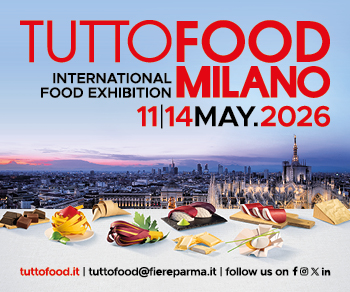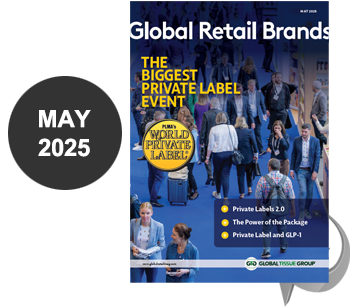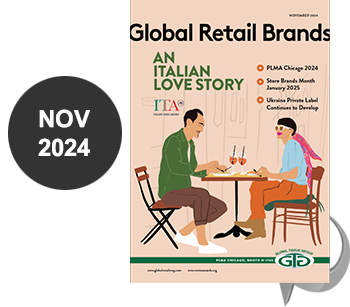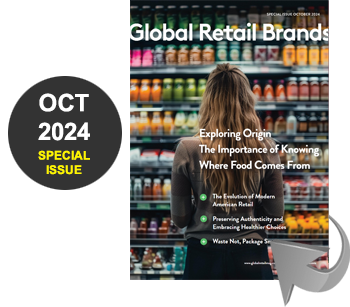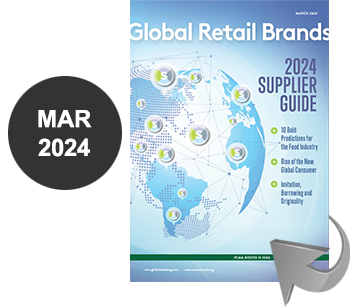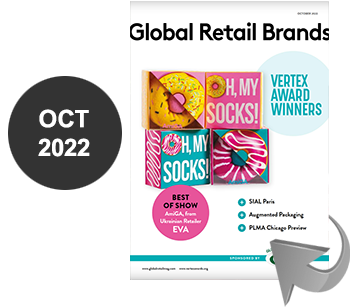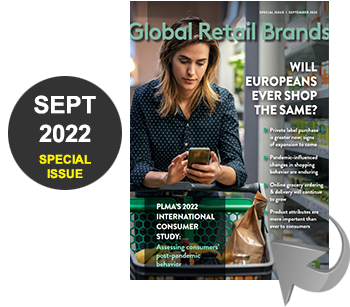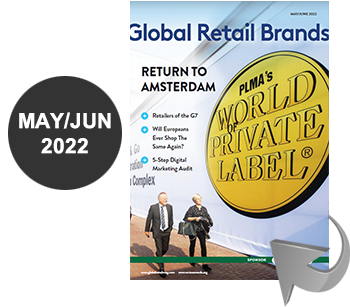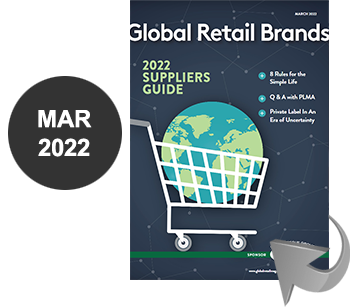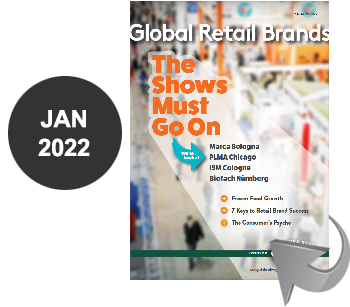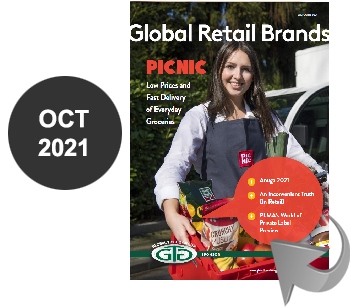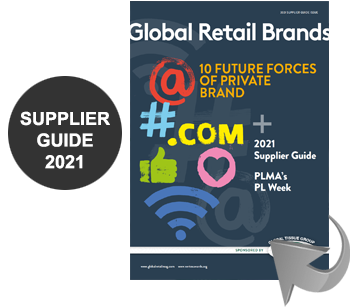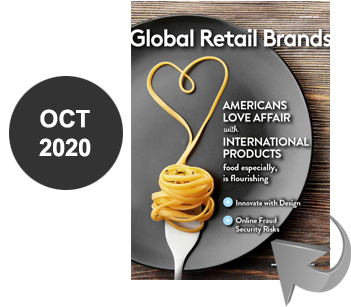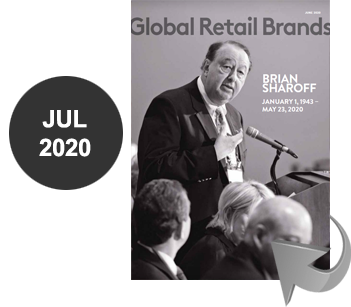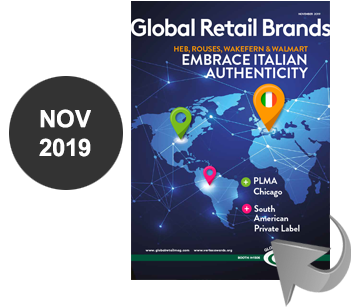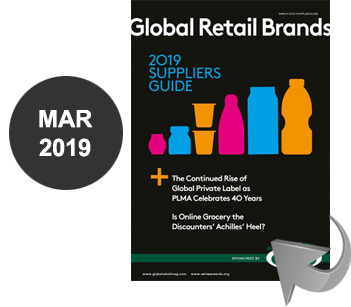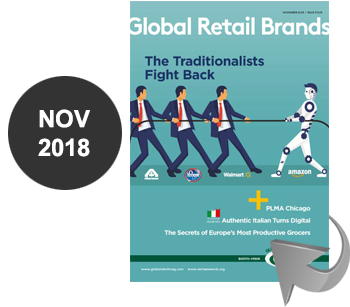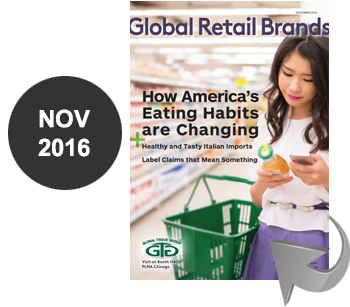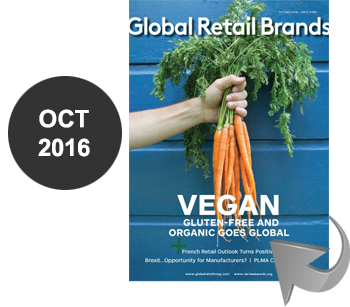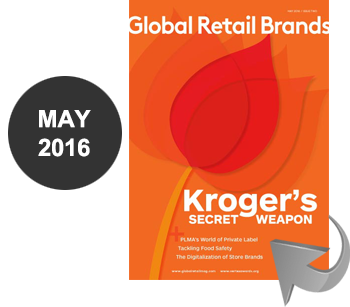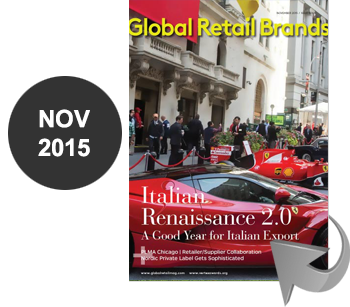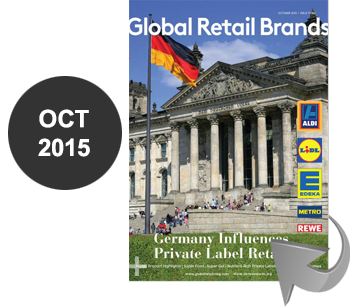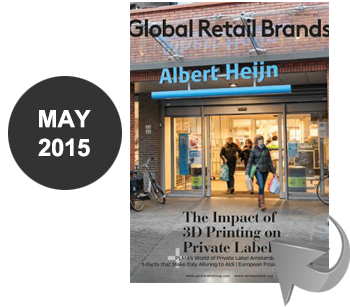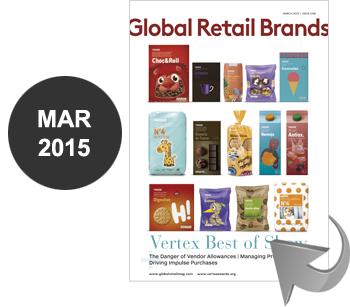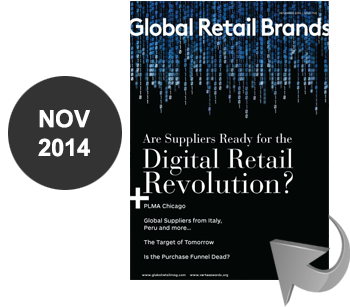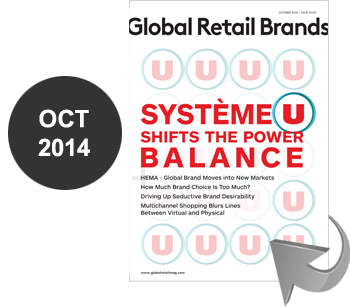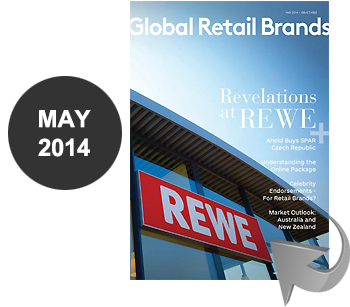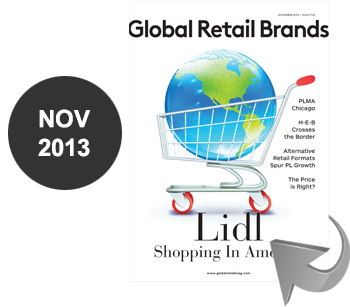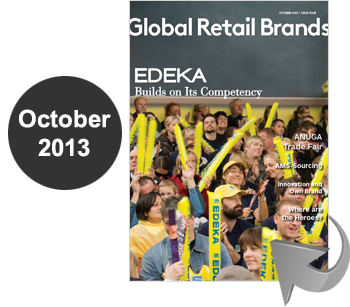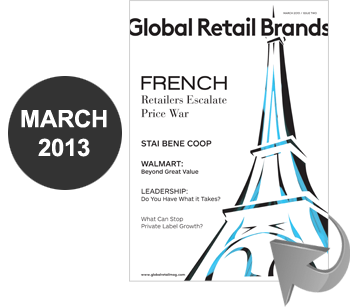 By / KOEN DE JONG, MANAGING DIRECTOR AT INTERNATIONAL PRIVATE LABEL CONSULT (IPLC)
By / KOEN DE JONG, MANAGING DIRECTOR AT INTERNATIONAL PRIVATE LABEL CONSULT (IPLC)
It is that time again. The European commission will have examined to what exent private labels copycat branded products. EU Competition Commissioner Joaquín Almunia gave in to the lamentation of various parties in the European food industry. Another investigation will be launched, although the ink of a report the European Commission published in 2011 has yet to dry. At that time the impact of private labels on innovation in the European food supply chain was under survey. The contrary appeared to be the case as the report concluded that retailers with their own brands give a clear boost to innovation in the food industry.
If we were to believe brand manufacturers, innovations only reach the market resulting from their efforts as manufacturers of private label do not have the budgets to innovate. What a misconception this is!
In the first place retailers, not private label manufacturers are the ones to take private label innovations to the market. The latter may be inspired by ideas of the supplier, but the initiative and risk clearly are in the hands of the retailer.
The financial risk for the retailer is low compared to the innovation efforts of a brand manufacturer. They own the store, the shopper data and the execution capabilities to innovate at low cost. While using their store as a test laboratory, trial and error tactics are used. Based on their own insight and without significant research retailers put new products on the shelves and see what happens. If a new product does not perform well enough it disappears as silently as it was launched. Origination costs of packaging will have been recovered and the minimum print-run consumed. As one can understand, this is a completely different reality compared to the innovation struggle of a brand manufacturer.
Retailers sit on a pile of shopper information derived from point of sales data, customer loyalty cards and other own insight. Retailers use this information to take new products to the market at the speed of light. Brand manufacturers would kill to have access to such information.
Just to give an example, access to detailed data, realtime action based upon this and superior control of internal logistics allowed retailers to create and successfully grow the chilled convenience category. Product life cycles in this category are short and speed of innovation very high. One only has to look at the seasonal offerings around Christmas and Easter of Sainsbury’s, Albert Heijn and even discounter Lidl to find proof of retailers having left the copycat game far behind them.
Today’s challenge is to build a unique private label assortment resulting in shopper loyalty to the store. Innovation is the name of the game and as a consultancy we have had the pleasure to be involved in many of these projects over the past few years.
Moving forward shoppers will continue to be exited by many private label innovations at affordable prices in the future. I would be highly surprised if Brussels will put a stop to this. Koen de Jong, Managing Director at International Private Label Consult (IPLC) web: www.iplc.nl.


